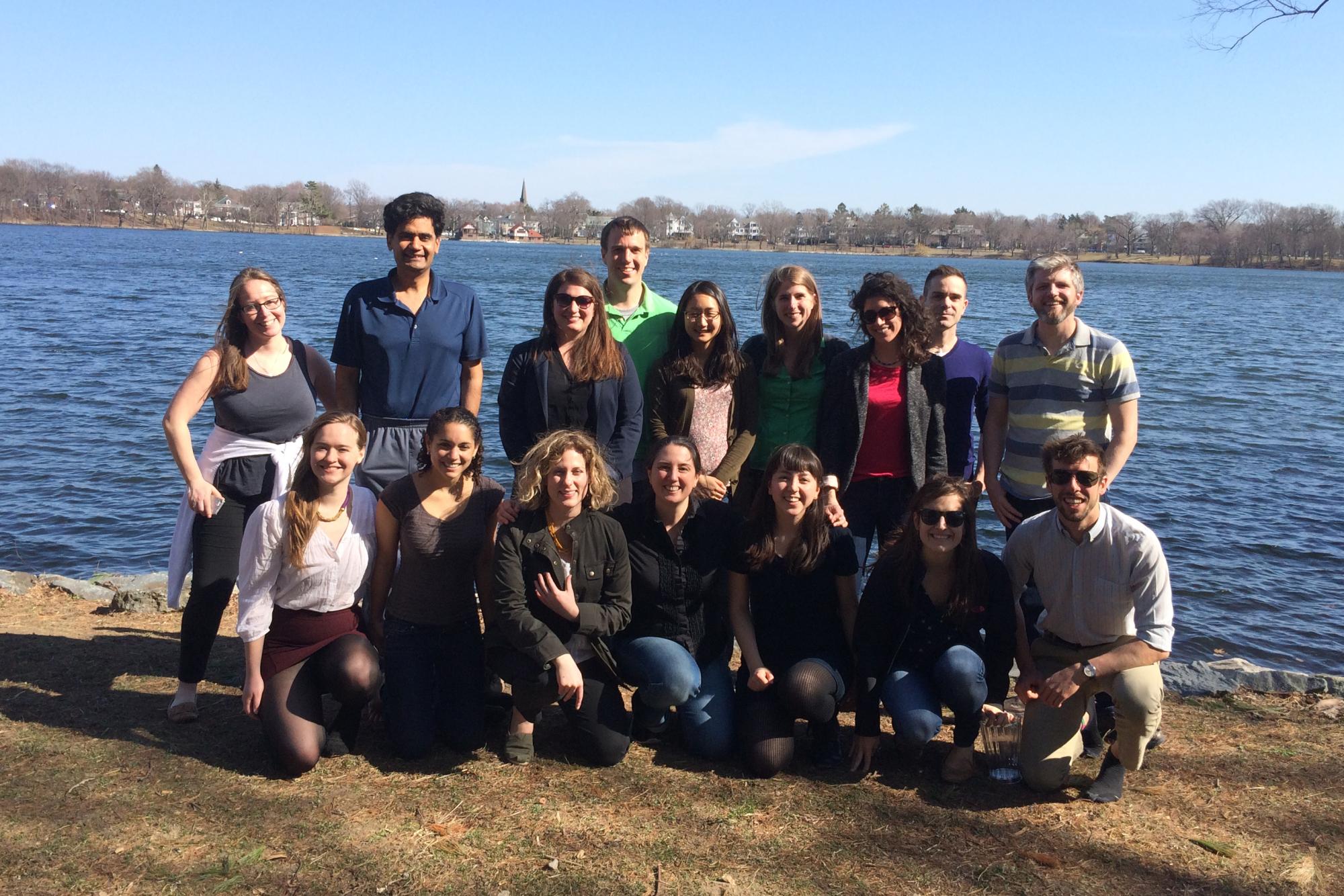
Letter from the
Global Executive Director
January 2025
2024 has been a particularly challenging year, with multiple global conflicts, deep human suffering, and worsening climate change. But it has also been a pivotal year, marked by many consequential elections and the rapid realization of AI's potential to reshape our world. As political and technological landscapes shift, I’ve been reflecting on how J-PAL’s approach to evidence has evolved over the years and what we’ve learned from those efforts.
Fifteen years ago, I joined J-PAL to found our policy group and accelerate evidence-informed policymaking. At that point, J-PAL had been growing for five years, establishing innovative research projects and new training programs. But there was also an increasing realization that we needed a more concerted approach to ensure research findings translated into meaningful policy action—and that policy priorities were even more clearly reflected in new research.
Our small, three-person team quickly expanded our bank of summaries of randomized evaluations, introduced new policy briefs and cost-effectiveness analyses to draw out lessons from multiple studies, and revamped the J-PAL website to make these tools easily accessible to policymakers.
Two years later, we were able to raise the resources to establish regional policy teams to build strong on-the-ground relationships with governments, nonprofits, civil society, and others. We collaborated with donors to create an innovative initiative model to grow the body of policy-relevant research through competitive calls for proposals. Our initiatives have now awarded more than $125 million in funding for research and scaling projects across a range of sectors from agriculture to education to government innovation.

We created a dedicated evidence-to-scale (E2S) team that works directly with implementing partners on the ground to take evidence-backed programs to scale. This is leading to millions more people benefiting from effective programs and policies that improve their lives—600 million and counting.
We have also invested in strengthening the culture of evidence-informed policy in governments. Just over the last year, we launched two new Air and Water Labs in South Africa and Egypt, taking the total number of embedded labs to seven. And we established partnerships to transform early childhood education in Brazil and forged new collaborations with USAID and the UK’s FCDO to improve evidence use in bilateral aid. Read more about how our policy and scaling work continues to thrive and grow here.
As we look to 2025, we are setting ambitious research agendas and inviting new collaborations, including ensuring climate solutions reach the most vulnerable, harnessing the power of AI for social good, integrating cost-effectiveness into policy recommendations, and catalyzing private sector impact. Read our priorities for the year ahead and, if you haven’t already, please do subscribe to our newsletter to stay connected.
Our ambitious goals would not be possible without the commitment of our friends and partners—thank you for your generous support of our mission. In these uncertain times when the need for evidence-informed policy has never been greater, I look forward to continuing our work together and creating real-world impact to bring us closer to a more just and sustainable world. I hope you’ll take some time to read the rest of this year’s edition of Improving Lives Through Evidence.
Lead photo credit: Lucy Nguyen, J-PAL
